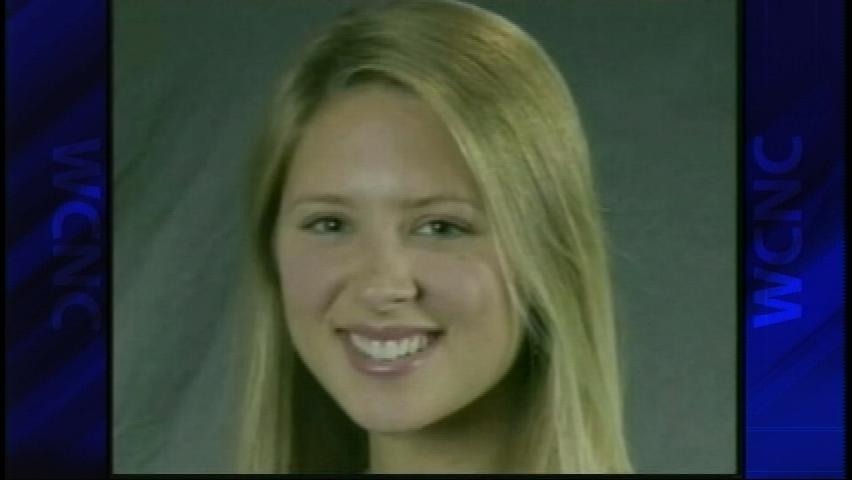RALEIGH, N.C. (AP) -- The overstretched and understaffed North Carolina probation system has improved after it attracted scrutiny from the 2008 slaying of University of North Carolina at Chapel Hill's student body president, state officials said.
The changes were pushed after Eve Carson's killing revealed a probation system plagued by outdated technology, high staff turnover and staff shortages that made officers responsible for dangerously large caseloads, The News & Observer of Raleigh reported Thursday (http://bit.ly/vUby2R ).
One of two men accused of killing Carson, 20-year-old Laurence Alvin Lovette, went on trial this week in Orange County Superior Court. He and DeMario Atwater were both on probation when they were charged with killing Carson, who was found shot to death in March 2008. Atwater, 25, pleaded guilty to kidnapping, robbing and murdering Carson and is serving a life term in federal prison.
A subsequent review found probation officers had given Lovette and Atwater scant oversight and that the broader probation system was in disarray.
Three years later, probation officials say the system that oversees 108,322 convicted criminals has been improved with better training, more balanced workload, increased staffing, and better technology.
We're working hard to make improvements, said Tim Moose, director of the state Division of Community Corrections in the state Correction Department. There have been improvements in all areas, but we're still a work in progress.
Moose was appointed director in 2009 after a management shake-up aimed at correcting years of poor management, the reliance on outdated technology and chronically high officer caseloads.
The probation system's staff vacancy rate of more than 10 percent in 2008 is now less than 2 percent. High vacancy rates in some urban areas meant probation officers sometimes had oversight for as many as 100 cases in 2008. Now the 1,480 officers average 71 cases that range from serious offenders who need a lot of supervision to those who need little.
Current policy dictates that officers should pursue quick arrest of probationers who are not complying with their oversight plans.
State budget cuts have cost the Division of Community Corrections 72 positions since July 1, though 36 were vacant, state Correction Department deputy secretary Tracy Little said. None of the remaining jobs lost was an officer who oversaw offenders, Little said.
Before 2009 and the Carson homicide, probation officers did not have access to juvenile records. Lovette, who was 17 when he was charged with killing Carson and a Duke University graduate student, had a juvenile record that was under seal. Probation officers now have limited access to those records, which can help them do a more thorough assessment of young adult offenders they supervise.
Despite the progress, it's still possible for an offender to slip through the cracks, Moose said.
It's still a human behavior business, Moose said.


